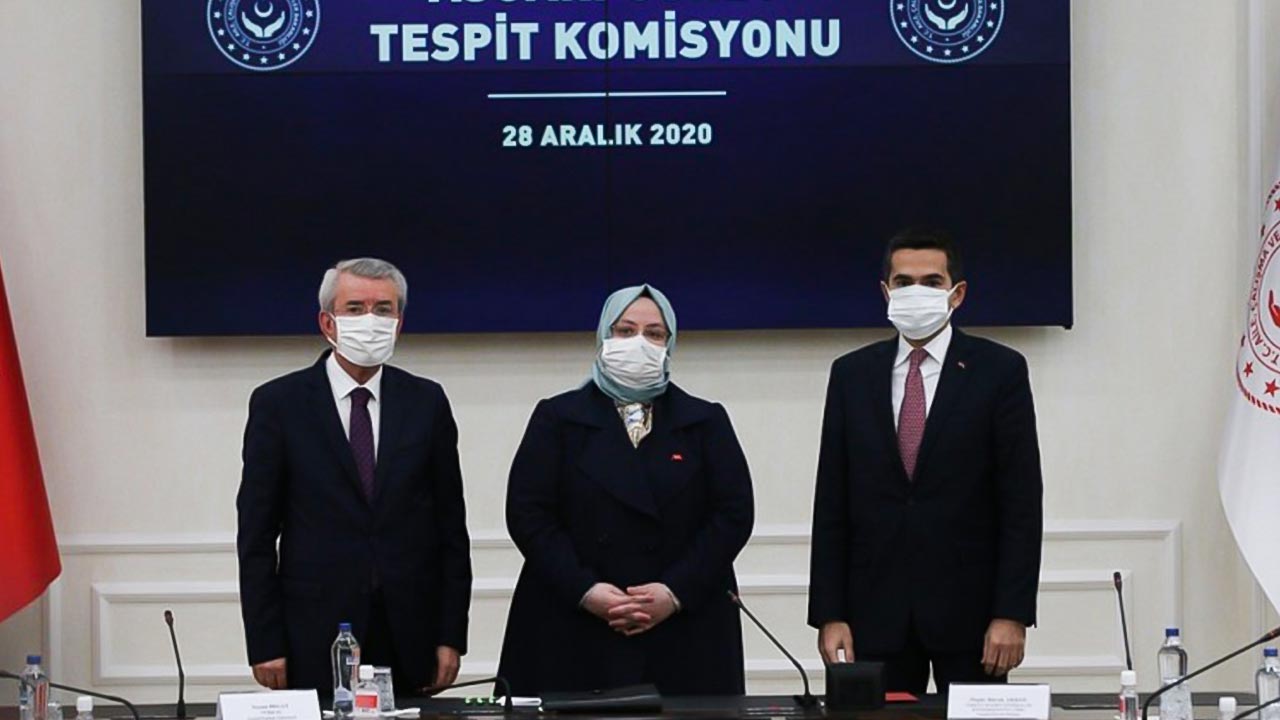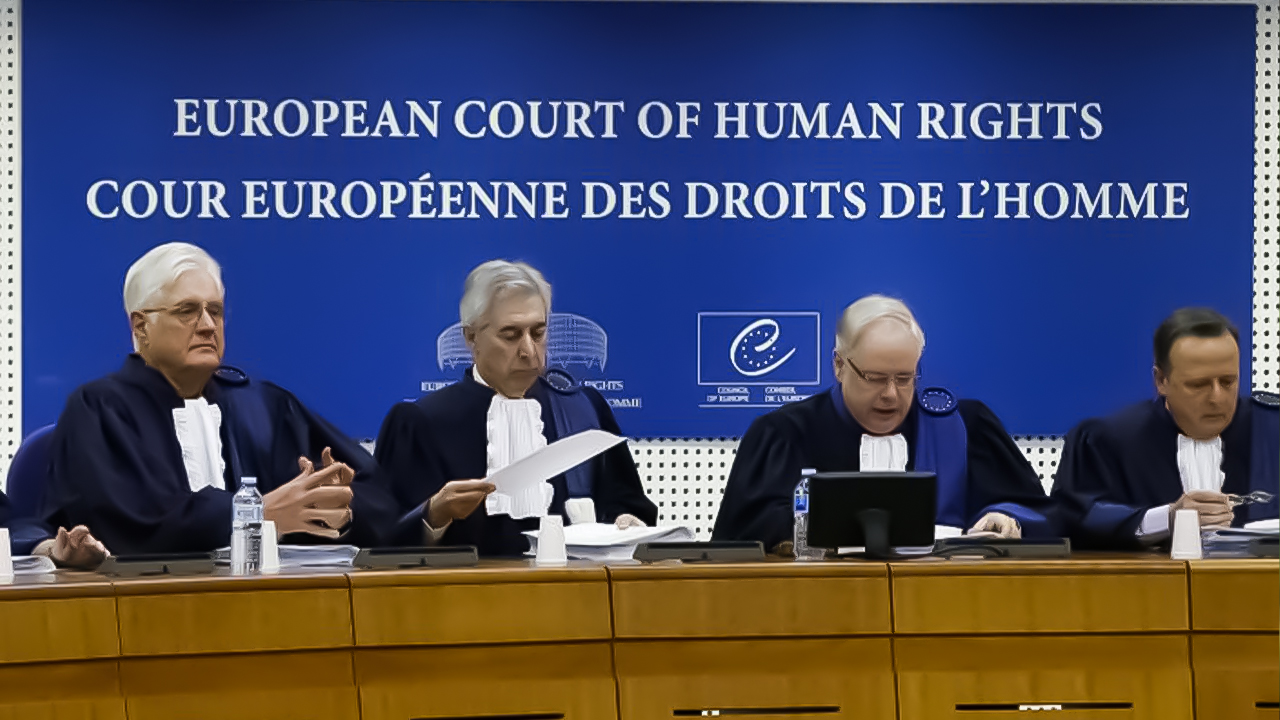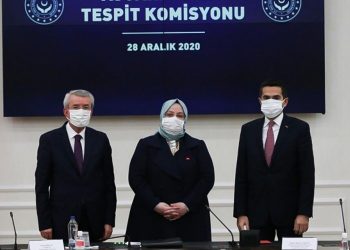The Covid-19 pandemic has caused 1.7 million people to die since it began to spread in January.
As governments have been exposed to their incapcity to be able to respond to the pandemic, Turkey also has been seen to put an extra burden on it’s citizens.
The outbreak is still spreading across the world. The World Health Organisation (WHO) defines corononaviruses as part of a wider virus family that cause diseases among humans and animals.
Spreading from animals to people and people to animals, the new coronavirus was not known before it spread in China’s Wuhan city in Hubey province in December 2019.
Though it was claimed that the virus first spread from bats which were sold in a fish market in Wuhan, there is still no evidence confirming that claim.
According to Zemo Ağgöz’s report published on Mesopotamia Agency (MA), the virus has spread across the world in a short period of time.
According to Worldometer’s data, 1,718,154 people have lost their lives up until now. As case numbers have surged by 77,718,154 infections and 54,593,397 people have recovered.
As the Covid 19 pandemic continues to threaten the world in terms of social and economical outcomes health systems have come under unbearable pressure. The world pandemic has shown that health systems of countries such as Turkey, which have been proud of their health systems, have not been adequate to meet the challanges of the pandemic.
Despite these health care failures, capitalist competition has continued to dominate the approach to the pandemic, with individual countries treating it as a race to win.
The pandemic in Turkey
Turkish Health Minister Fahrettin Koca launched Turkey’s “success story” by denying the pandemic at first. On March 11, Koca said, “One or a few cases should not be considered as a pandemic, only one patient is not a risk to all…Precautions to prevent the spreading of the virus have been taken in our country…Preparations for health staff and hospitals were prepared well in advance.”
Following the declaration of the first case, the government made successive appeals directly to citizens and made appeals such as “declare your own state of emergency” and “create your own voluntarily quarantine”.
During the period when a debate was raging in Turkey as to wheter the government was caught unprepared and had a lack of transparency, President Recep Tayyip Erdoğan stated that the pandemic would be overcome thanks to prayers and patience.
Demand of support for government from citizens
However, the ‘prayers and patience’ suggestion did not work and the case numbers began to surge. Some restrictions and partial curfews were implemented over surging case numbers and several workplaces were shut down. Despite thousands of people becoming unemployed due to these new measures, President Erdoğan launched the campaign “Biz bize yeteriz Türkiyem” (“My Turkey, we are enough to support each other.”) and demanded financial support from ordinary people by sharing government bank account numbers.
Hospitals remained incapable of meeting demand
Hospitals in several cities, especially in Kurdish cities, remained incapable of meeting the soaring patient numbers. The government pretended to take new measures against the outbreak, however, Erdoğan cancelled the two-day-lockdown declared by Turkish ınterior Ministry on June 4, saying ‘I don’t have the heart for it’.
After that, other statements have been equally inconsistent. Even though the Justice and Development Party (AKP) spokesperson Öner Çelik said, ‘Scenes are occurring in recent days that are concerning.” and Minister Koca’s confessions related to the surge of patient numbers in intensive care units, President Erdoğan pursued policies as though nothing was happening in early May.
After this, case numbers and deaths have soared again in Turkey and the state have launched lockdowns for weekends again.
















